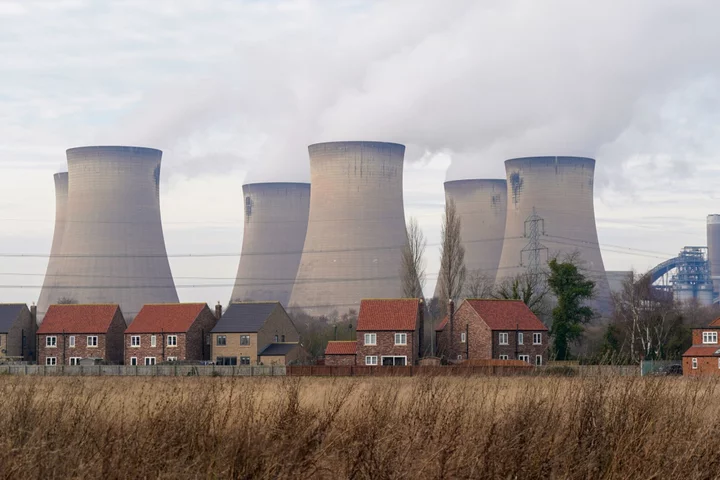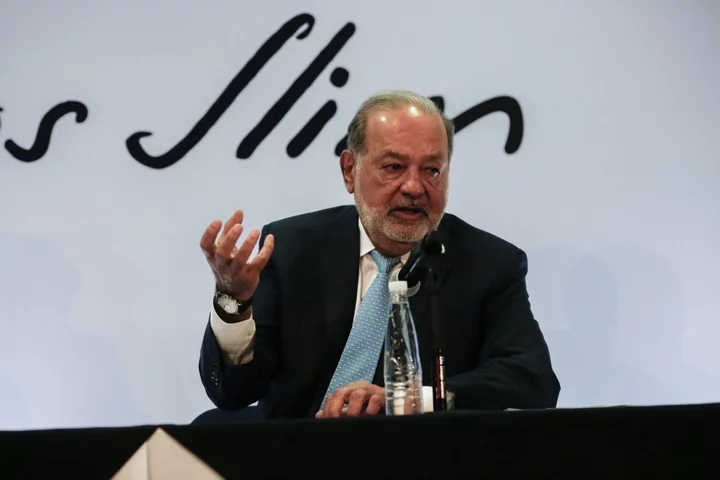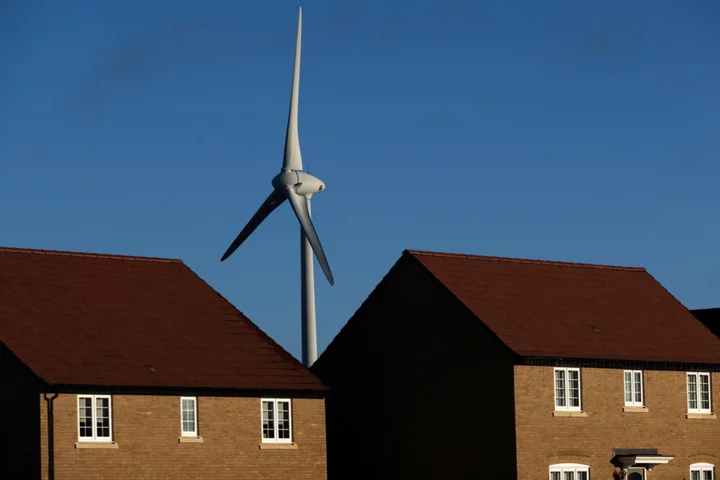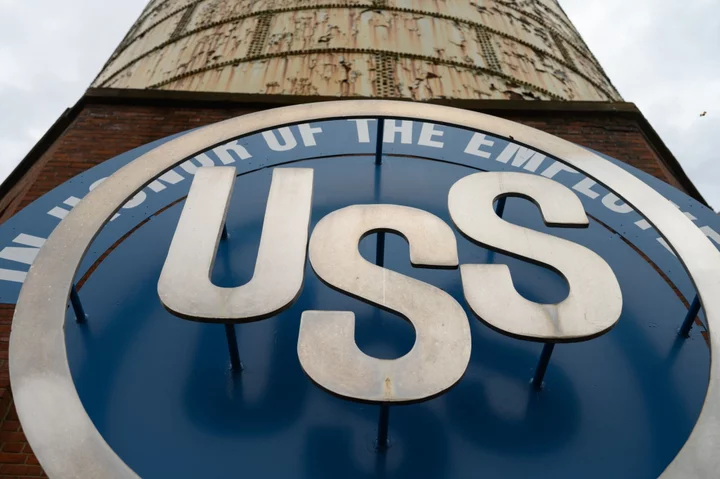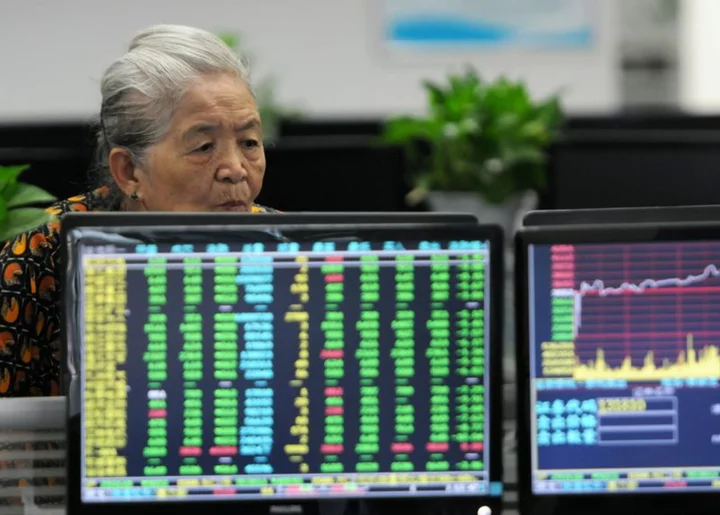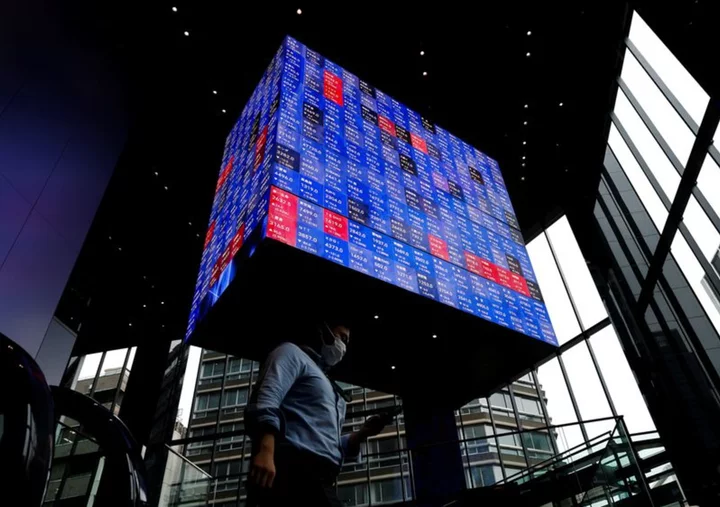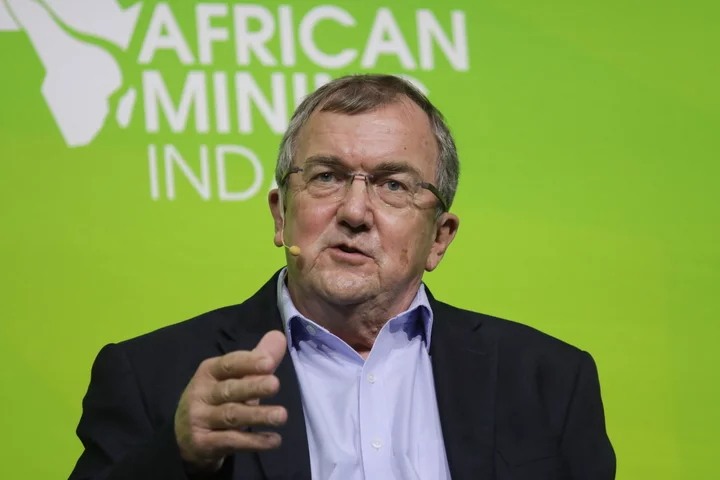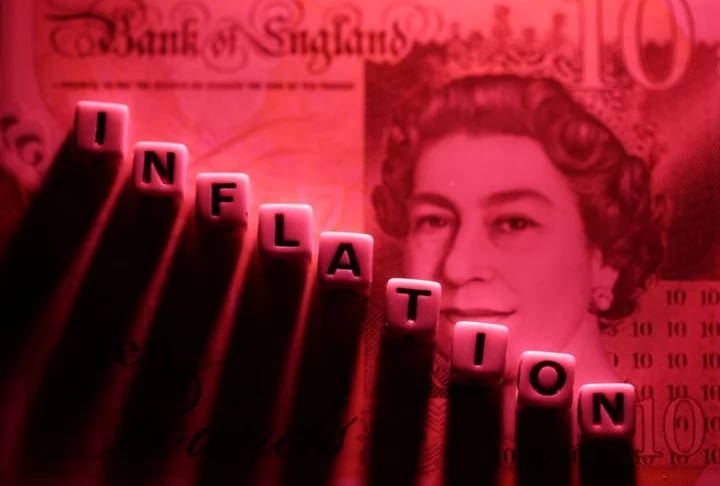The chair of Parliament’s influential energy committee said he wants to investigate a report that Drax Group Plc benefited from a gap in the UK’s green-energy subsidy program that let the firm avoid providing millions in consumer discounts.
“These are concerning reports which merit further investigation,” said Angus MacNeil. “I will bring these facts to my wider committee for further deliberation.”
A Bloomberg News investigation this week exposed how Drax managed to avoid sending as much as £639 million ($813 million) to UK consumers since April 2022 – despite a provision in the company’s subsidy contract designed to provide such relief. Drax posted a record £731 million in earnings last year.
Read More: A Power Plant’s Multimillion-Pound Loophole Hit the UK in Crisis
The firm has received £1.4 billion in public aid for a unit at its Yorkshire power station since 2016. Under its agreement with the UK government, if prices rise to the point where the unit can comfortably make money on its own, Drax’s earnings are capped and the company must send the remaining money to consumers. After prices reached that point last April – amid rising energy prices that saw residential bills more than double – Drax idled that generator for extended periods and used other units that didn’t have an earnings cap.
The company didn’t break any rules. Nothing in its subsidy prevented Drax executives from shutting down the generator if they could make more money doing something else.
Nonetheless, the head of Parliament’s environmental audit committee said firms shouldn’t prioritize making money over offering relief to British people struggling with soaring bills. “It is simply not right for energy companies to be profiteering from the energy crisis,” said Philip Dunne, a Conservative party lawmaker. The situation “highlights how current electricity market arrangements are in need of reform.”
Drax declined to comment on Dunne and MacNeil’s statements. The company previously told Bloomberg in a statement that it acted responsibly and made “careful decisions” to cope with the risk of biomass shortages, which increased dramatically after Russia invaded Ukraine in February 2022. “No serious observer of the energy system would advocate that we ought to have exposed our business and Britain’s power grid to those risks,” the firm said.
Three former energy secretaries previously told Bloomberg that Drax appeared to have violated the spirit of its agreement with the government. “Drax is making a lot of money from something that with hindsight probably should never have been agreed,” said Jacob Rees-Mogg, a former energy secretary who remains a Conservative member of parliament.
Others also questioned Drax’s behavior on Wednesday. “With the energy crisis still very much underway and millions of families suffering as a result, companies that are already picking up very healthy subsidies should not be using loopholes to further inflate profits at the expense of higher energy costs,” said Jonathan Marshall, a senior economist at the Resolution Foundation, which works to raise living standards for people on low and middle incomes.
Labour’s former shadow energy secretary, Barry Gardiner, said the report reflected what he called Drax’s unethical behavior. “It’s a company that ducks and dives, and this is a very good example that’s cost a great deal of taxpayers’ money,” said Gardiner, who is still a member of Parliament.

